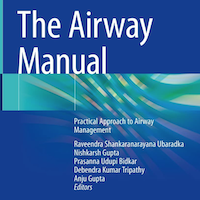Long-Term Sustainability and Acceptance of Antimicrobial Stewardship in Intensive Care
journals.lww.com
An antimicrobial stewardship program implemented over a decade resulted in sustained suggestion and acceptance rates. These findings support the need for a persistent presence of audit-and-feedback over time with more frequent suggestions to alter potentially nephrotoxic agents, increased efforts toward specialized care units, and further work approaching infectious sources that are typically treated without pathogen confirmation and identification.
The antimicrobial stewardship program provided 7,749 antibiotic assessments over the study period and made a suggestion to alter therapy in 2,826 (36%).
Factors associated with a higher likelihood of receiving a suggestion to alter therapy included shorter hospital length of stay prior to antimicrobial stewardship program review (odds ratio 1.15 for ≤ 5 d; 95% CI 1.00–1.32), admission to cardiovascular (1.37; 1.06–1.76) or burn surgery (1.88; 1.50–2.36) versus general medicine, and preceding duration of antibiotic use greater than 5 days (1.33; 1.10–1.60).
Assessment of aminoglycosides (2.91; 1.85–4.89), carbapenems (1.93; 1.54–2.41), and vancomycin (2.71; 2.19–3.36) versus ceftriaxone was more likely to result in suggestions to alter therapy.
Our study was designed as a retrospective cohort focused on ICUs within Sunnybrook Health Sciences center, a 627-bed academic tertiary care hospital located in Toronto, ON, Canada, with a broad patient population including trauma, cardiovascular surgery, burns, neurosurgery, stroke, oncology, and general medical-surgical ICU patients.

















